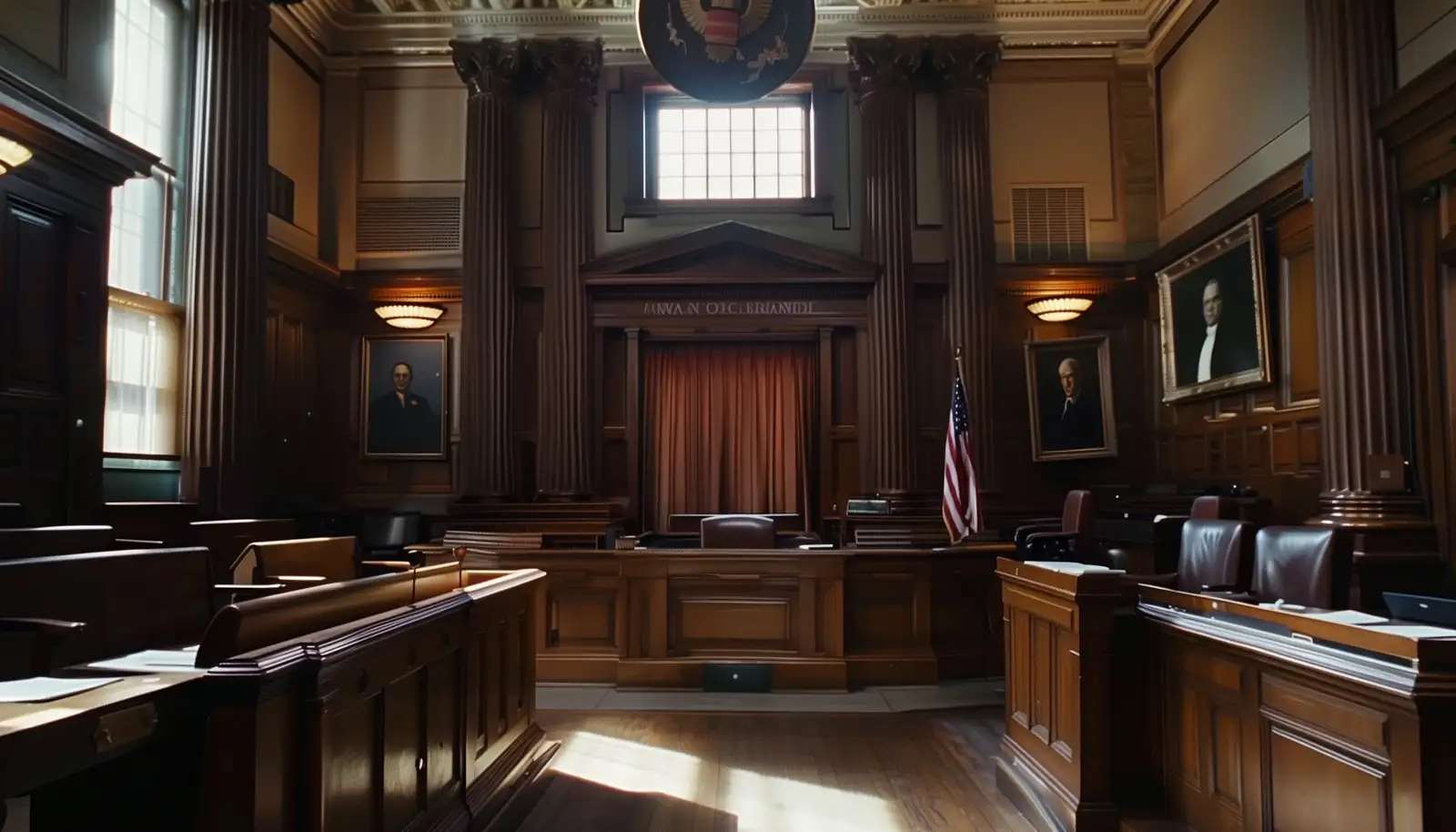3/25/2023
Marcy and I enjoy watching Perry Mason reruns, so much so that only very occasionally do we run across an episode that we have not seen before. Perry Mason is half criminal lawyer, half detective. He is never satisfied with just getting his client a not guilty verdict, he always digs until he finds the true facts of who really committed the murder. At the end of each episode, the accused is joyfully relieved and set free; the guilty party confesses and is taken into custody for a new trial of the law and the facts.
What changed? The facts, as presented by the prosecutor and ascertained by a police investigation. The law that prohibits murder never changes. The accused, found not guilty by reason of the facts, is not now free to commit murder. The real guilty party is tried and, if found guilty, sentenced under the same law that prohibits murder. The law never changes.
Imagine sitting in the court of heaven accused of innumerable capital transgressions. Your defense lawyer is none other than Christ himself. The judge is God the Father. The case against you is ironclad. The facts are clear. You did it. Your only defense is that your advocate, Christ, paid the penalty.
The law didn’t change, the facts did, in this case, the fact that the penalty has already been paid. The law still marks out what is right and wrong, good and evil, the way of life and the way of death. The eternal consequences of your sin have been overcome, the temporal consequences haven’t. You are now free to live, to walk in the path that leads to life.
In this way we are not under the law but under grace. The law didn’t change, the facts changed. The law still condemns our sin, but the fact now is that our transgressions are covered by the blood of Christ. This is our only defense, but it is enough. We claim it by faith. Now we are free to obey the Law, enabled and empowered to do so by the Holy Spirit in us. Sanctification is growth in obedience to and discernment of the Law. “But solid food is for the mature, whose perceptions are trained by practice to discern both good and evil.” Hebrews 5:14
Consider the following often misinterpreted passages keeping in mind that just judgement is based on the Law and the facts. The Law never changes, the facts do.
“Do we then nullify the law through faith? Absolutely not! Instead, we uphold the law.” (Romans 3:31)
“What shall we say then? Are we to remain in sin so that grace may increase? Absolutely not! How can we who died to sin still live in it?” (Romans 6:1–2)
“But we know that the law is good if someone uses it legitimately, realizing that law is not intended for a righteous person, but for lawless and rebellious people, for the ungodly and sinners, for the unholy and profane, for those who kill their fathers or mothers, for murderers, sexually immoral people, practicing homosexuals, kidnappers, liars, perjurers—in fact, for any who live contrary to sound teaching. This accords with the glorious gospel of the blessed God that was entrusted to me.” (1 Timothy 1:8–11)
“He has destroyed what was against us, a certificate of indebtedness[1] expressed in decrees opposed to us. He has taken it away by nailing it to the cross.” (Colossians 2:14)
I will leave you with this from the Apostle John, “Now by this we know that we have come to know God: if we keep his commandments.” (1 John 2:3)
[1] Certificate of indebtedness (Colossians 2:14) (χειρόγραφον cheirographon): Strictly, a handwritten document; in legal matters a promissory note, record of indebtedness, bond; figuratively in Colossians 2:14 not as the law itself, but as the record of charges (for breaking God’s law), which stood against us and which God symbolically removed by “nailing it to the cross,” handwritten account, record of debts. (Timothy and Barbara Frigera, Neva Miller, Analytical Lexicon of the Greek New Testament, Baker Books, Grand Rapids, 2000)




